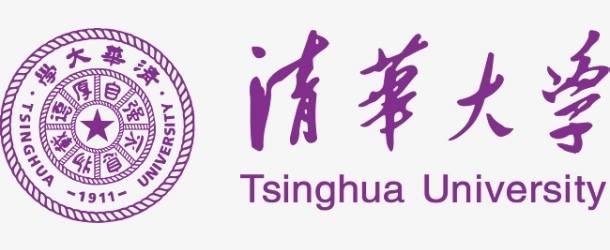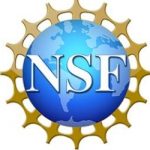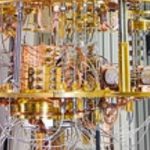Tsinghua Researchers Demonstrate Quantum Version of GAN (Today’s Hottest Machine Learning Subfield)

(SyncedReview) A Tsinghua University research paper has for the first time reported an experimental demonstration of quantum generative adversarial learning in a superconducting quantum circuit.
Generative Adversarial Networks (GANs) are today’s hottest machine learning subfield. In 2014, Google Researcher Ian Goodfellow first introduced the GAN framework, which comprises two neural nets: A Generator that forges a new data instance, and a Discriminator that then distinguishes fake data created by the Generator from real data.
The Tsinghua researchers theoretically proposed a quantum version of GANs, or Quantum GANs (QuGANs). QuGANs use quantum computing devices to train their generator and discriminator, and can process high-dimensional data, or quantum data.
Researchers believe the experiment can have far-reaching influence: “Since our QGAN experiment requires neither a quantum random accessing memory, nor a universal quantum computing device or any fine-tuning parameters (thus robust to experimental imperfections), it carries over to the noisy intermediate scale quantum (NISQ) devices widely expected to be available in the near future.”





















